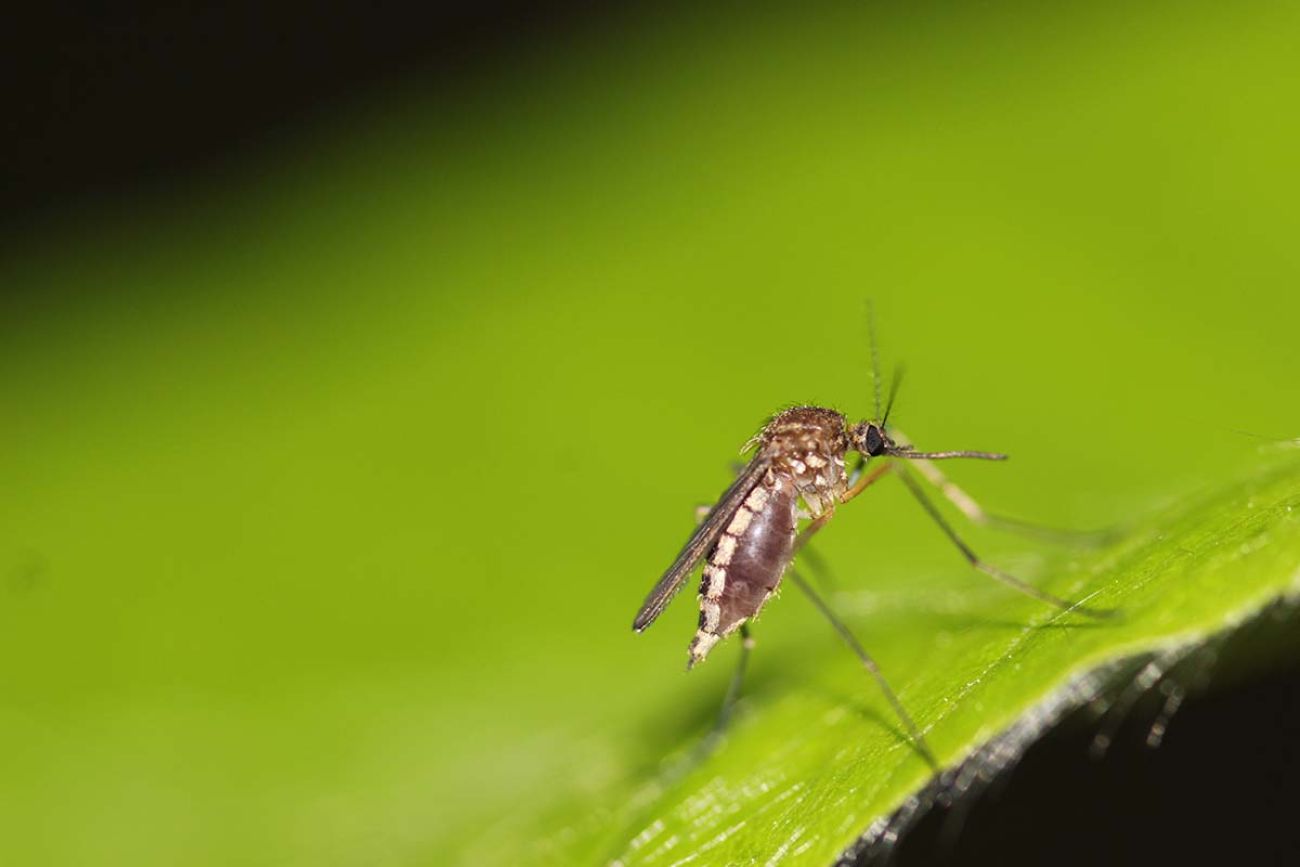West Nile virus detected in mosquitoes in at least 2 Michigan counties

- West Nile virus was detected in samples of mosquitoes in St. Clair and Kent counties
- Infected mosquitoes can transmit the disease to humans, causing symptoms like headache, joint pains and fatigue
- Individuals are advised to wear insect repellent and light-colored clothing when outdoors
As Michiganders prepare to head to beaches or fire up backyard grills for Independence Day, they should be on the lookout for mosquitoes and other biting pests that can transmit disease.
The St. Clair County Health Department confirmed on Friday that West Nile virus was found in a pool of mosquitoes during the county’s seasonal surveillance.
The infected mosquitoes were collected near Emmett Township. This is the county’s first detection of West Nile virus.
The announcement came two days after officials in Kent County confirmed that a surveillance team had detected the disease in mosquitoes trapped in the Grand Rapids Township area. “This discovery is earlier than in previous years, indicating a need for heightened vigilance and preventive measures," the health department’s supervising sanitarian, Brendan Earl, said in a statement.
Related:
- Spring has already sprung for mosquitoes in Michigan
- Ticks in Michigan: How to spot them, avoid bites
- In warming Great Lakes region, water, heat can be an unhealthy combination
- Michigan climate change: How fish, forests, farms, moose, ticks will change
No human cases of West Nile virus have been reported in either county.
The virus can affect anyone, but those 60 years or older are more vulnerable. Symptoms include headache, body aches, joint pains, vomiting, diarrhea and rash. Most people who contract the disease don’t show symptoms, according to the U.S. Centers for Disease Control and Prevention.
In rare cases, CDC says, West Nile can lead to severe illnesses like encephalitis, which is inflammation of the brain, or meningitis, inflammation of the membranes surrounding the brain and spinal cord. Severe cases can lead to death, especially among older people and those with weakened immune systems.
Mosquitoes can also transmit other diseases like Eastern equine encephalitis and Jamestown Canyon virus, which so far this year has been detected in at least three Michigan counties — Bay, Calhoun and Saginaw — according to the state’s emerging-diseases website.
Mosquitoes are most active from June through late September but this year, the insects got a head start in Michigan and began to emerge as early as March. Mosquitoes can survive in temperatures between 50 and 80 degrees Fahrenheit, though the disease-carrying species are most active in the summer.
“It only takes one bite from an infected mosquito to cause disease,” said Alicia Hawkins, environmental health sanitarian for the St. Clair County Health Department, in a press statement. “There is no vaccine or cure for WNV, so the best way to prevent mosquito-borne disease is to prevent mosquito bites.”
Other insects to worry about
Mosquitoes aren’t the only insect people should be worried about. Ticks are also very active during this time of year and can transmit bacteria that can cause Lyme disease.
There are over 20 species of ticks in Michigan, but the most common are the American dog tick, blacklegged tick (a type of tick that can trigger Lyme disease), lone star tick, woodchuck tick and brown dog tick.
Ticks are external parasites that survive by attaching themselves to humans, birds and reptiles and feeding off their blood. Some ticks carry viruses, parasites and bacteria, the most harmful being the bacterium Borrelia burgdorferi, which can cause Lyme disease if a person is bitten by an infected tick.
Lyme disease can cause flu-like symptoms such as fatigue, chills, fever and rashes between three and 30 days after a tick bite, according to the CDC.
The Michigan Department of Health and Human Services reminds residents to take the necessary steps to protect themselves against ticks and mosquitoes:
- Use insect repellents that contain the active ingredient DEET or other EPA-approved products to exposed skin or clothing.
- Wear light-colored, long-sleeved shirts and long pants when outdoors.
- Apply insect repellent to clothing to help prevent bites.
- Keep windows and doors closed to prevent mosquitoes from coming inside.
- Empty water from mosquito breeding sites around the home, like buckets, unused kiddie pools and other water-holding containers where mosquitoes can lay eggs.
See what new members are saying about why they donated to Bridge Michigan:
- “In order for this information to be accurate and unbiased it must be underwritten by its readers, not by special interests.” - Larry S.
- “Not many other media sources report on the topics Bridge does.” - Susan B.
- “Your journalism is outstanding and rare these days.” - Mark S.
If you want to ensure the future of nonpartisan, nonprofit Michigan journalism, please become a member today. You, too, will be asked why you donated and maybe we'll feature your quote next time!








